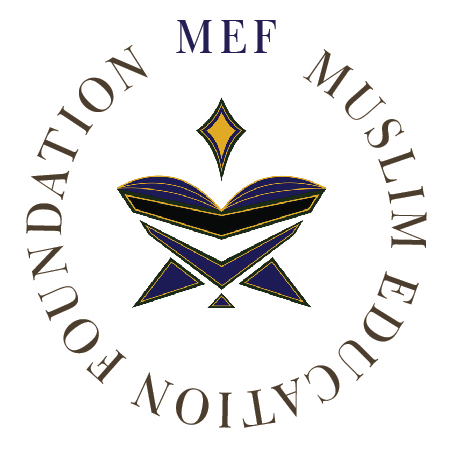Re-anchoring Muslim Education in the Islamic tradition of learning
The Islamic education system did not collapse; it choked to death, initially, slowly and imperceptibly, but later in broad daylight in front of helpless onlookers over the course of the 11th/17th century. This demise may also be irrevocable.
Despite certain recent attempts to cast away the gloom of that bleak century, there is no denying the fact that it was a century during which on one side of the Mediterranean Galileo, Kepler, Bacon, Newton, Descartes, Malebranche, Spinoza, Locke, and Leibniz were overturning the entire order of the cosmos as it was understood on the other side of the Mediterranean, where Burhān al-Dīn Ibrāhīm al-Kūrānī (1615-1690), al-Ḥasan al-Yūsī (1631-1691), Aḥmed Müneccimbāşī (ca. 1631-1702) and ʿAbd al-Ghānī al-Nābulusī (1641-1731) were deeply immersed in the mysteries of the soul, the transient nature of the world, and the opacity of the ephemeral which surrounded them with increasing weight.
In retrospect, the heavy air that filled that fateful century seems to be full of a hitherto unknown slumber that would spread not only in the Ottoman empire, but far and wide, throughout the lands where Muslims had lived for centuries with their internal feuds and external threats, but never at the outer edge of existential obliteration.
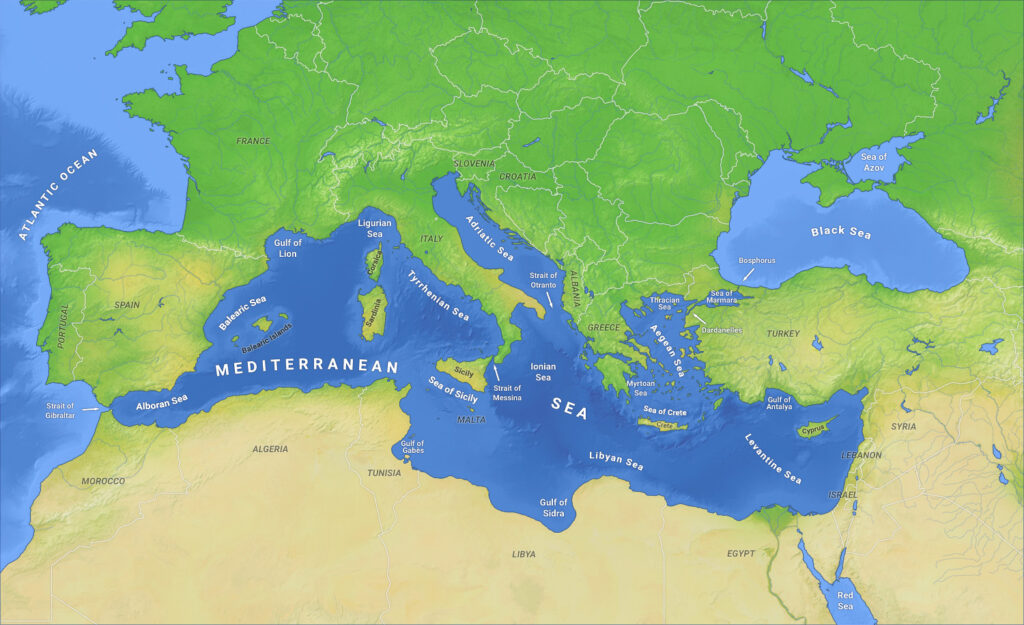
The Fateful Seventeenth Century
| Ali al-Qari (d. 1605) | Francis Bacon (1561-1626) | |
| Mir Zahid Harawi (d. 1689) | Galileo Galilei (1564-1642) | |
| Burhān al-Dīn Ibrāhīm al-Kūrānī (1615-1690) | Johannes Kepler (1571-1630) | |
| Ahmad Sirhindi (d. 1624) | Isaac Newton (1643-1727) | |
| ‘Abd al-Haqq al-Dehlawi (d. 1642) | René Descartes (1596-1650) | |
| Khayr al-Din al-Ramli (d. 1671) | Robert Boyle (1627-1691) | |
| al-Ḥasan al-Yūsī (1631-1691) | Baruch Spinoza (1632-1677) | |
| Aḥmed Müneccimbāşī (ca. 1631-1702) | John Locke (1632-1704) | |
| ʿAbd al-Ghānī al-Nābulusī (1641-1731 | Gottfried Leibniz (1646-1716) |
What transpired during the fateful 17th century may not be fully understood until further research and probing, but what happened during the 18th century is relatively easier to analyze.
Four centuries which separate us from the 17th dismembered the entire system of education that had emerged in the Muslim lands over centuries. The result is a disaster of the highest order. In order to understand this deluge and find a way out….
Why did the three Muslim empires collapse?
When did the balance of global power shift in favor of Europe?
How did the balance trip? What new factors caused this change?
Why no one in the Umma saw and tried to prevent the looming calamity?
These are weighty questions with which scores of scholars have wrestled since the establishment of the European hegemony.
From the 20th to the 21st Century
There were many false starts in the 20th century before a mature discourse emerged (see the full article below).
In order to transform Muslim schools to Islamic schools, the first imperative is to develop an Islamic framework of learning and teaching that reconnects us with what was before the interruption. This can be done by using the Ten Foundational Principles first developed by Abū Bakr Muḥammad b. al-Ḥasan b. Fūrak al-Asbahānī al-Shāfiʿī (330–406/ 941–1015)—who was the foremost scholar of Arabic language, grammar and poetry, Tafsīr, Kalām and uṣūl in the 4th/10th century. These have been used for centuries and have many iterations by scholars who came after Ibn Fūrak.
What is to done? Foundational Restructuring
The need of the hour is to have a foundational restructuring of Muslim education. This will, insha Allah, provide practical solutions to many pressing needs.
As a start, “Education (al-tarbiyya wa-l-taʿlīm) itslef is to be seen through the Qurʾānic and Prophetic teachings. Thereafter, theoretical framework for teaching all subjects can be developed through a rigorous application of the Ten Foundational Principles.
Principles used to develop the framework of teaching all subjects remain the same al-mabādiʾ al-ʿashara:
Ten Foundational Principles
- al-ḥadd, the definition of a given subject
- al-ism, the name
- al-mawḍūʿ, the subject matter
- al-thamara, the benefit of learning it
- al-masāʾil, the issues with which it deals
- al-istimdād, the sources
- al-wāḍiʿ, the founder
- al-nisba, its relation to other subjects
- al-faḍl, its rank among other subjects
- alḥukm al-shāriʿ, Law-Giver’s Ruling about it
Once these principles are applied at the foundational level, they yield fruit that can be shared with students.
In addition, MEF is launching an international effort to develop classroom-ready units for all four subjects.
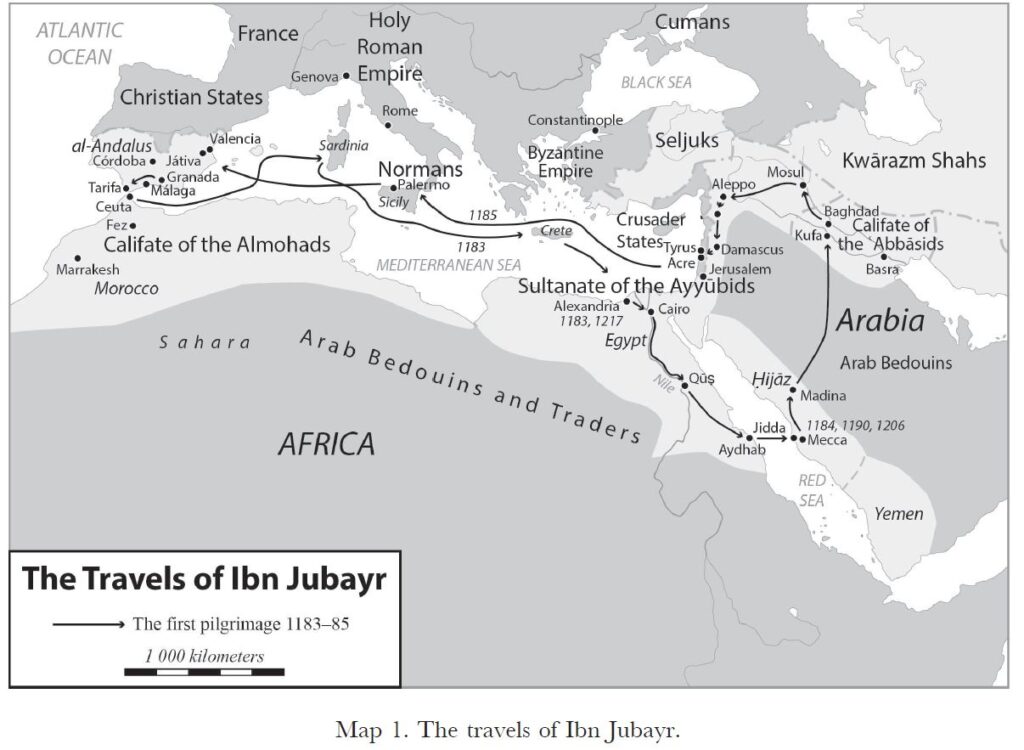
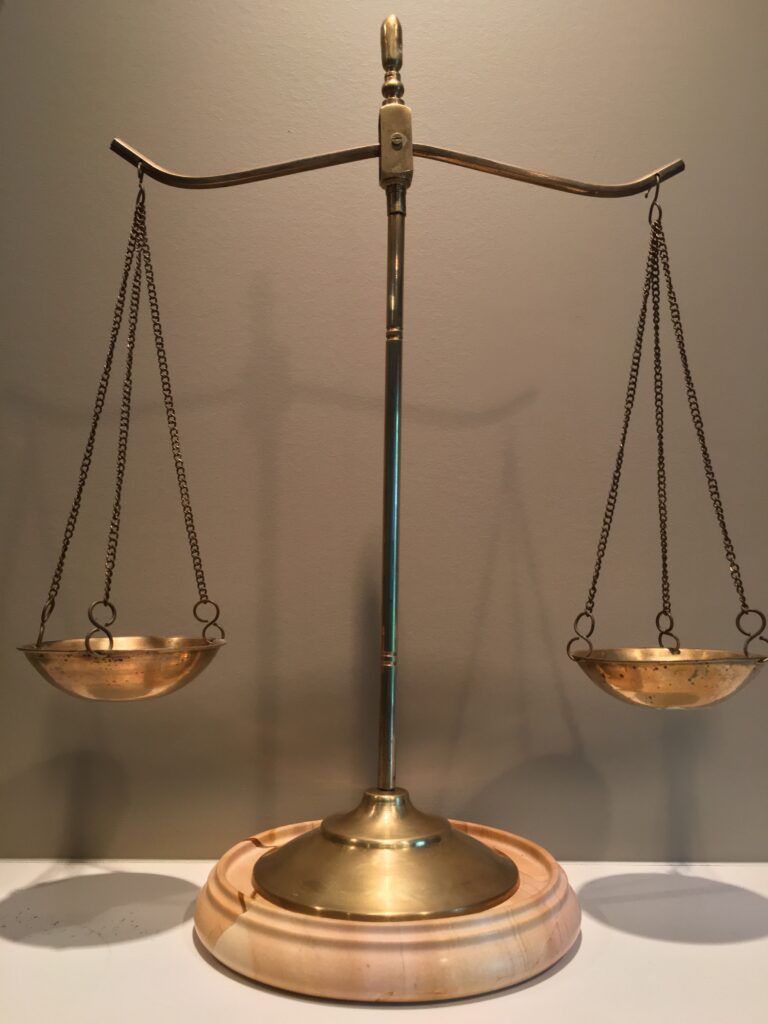
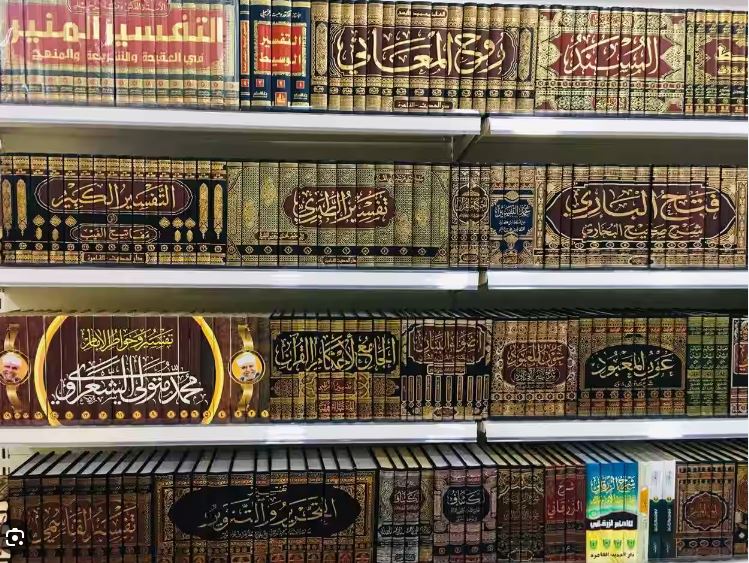
So travel through the earth and
see the fate of those who rejected (Q 16:36). History is one of the three realms from which the So, travel on earth and see how was the Qurʾān presents data for reflection. Signs from these observable realms (cosmos, history and nafs) provide compelling proofs of continuous Divine presence in human and cosmic affairs. For an authentic Islamic educational framework, one must pay attention to the Qurʾānic view of the cosmos, history, and the human beings, who are the prime addressees of this effort.
Currently, one can hardly find an Islamic school anywhere in the world…
We have millions of Muslims schools, but are they Islamic? How can we know?
Read more…
